凯尔特人和斯堪的纳维亚研究硕士(荣誉)
MA (Hons) Celtic and Scandinavian Studies

学历文凭
Bachelor Degree

专业院系
School of Literatures, Languages and Cultures

开学时间

课程时长

课程学费

国际学生入学条件
IDP—雅思考试联合主办方

雅思考试总分
- 雅思总分:
- 托福网考总分:
- 托福笔试总分:
- 其他语言考试:
CRICOS代码: QR56
申请截止日期: 请与IDP联系 以获取详细信息。
课程简介
There has long been a strong Scandinavian influence on the Celtic world.This unique joint honours programme gives you the opportunity to study the languages, literatures, histories and cultures of the Celtic and Scandinavian countries.You will gain advanced skills in one or more languages while learning about extremely rich cultures, from the Middle Ages to the 21st century. You will spend Year 3 studying or working in either Denmark, Norway or Sweden.Our courses explore contemporary issues such as language policy and revitalisation, (post-)colonialism, and migration. You do not need prior knowledge of any of the languages to study on this programme.At all levels of study on this four-year, joint honours programme, we offer courses in the languages, literatures, histories, and cultures of the Celtic world.You have the option to study Scottish Gaelic and build up to advanced competency in the language.A choice of pathways through the programme enables you to develop your own interests in particular areas, periods and disciplines of Celtic studies.Our expertise covers:Scottish Gaelic from the late Middle Ages to the present, including language policy and revitalisationthe medieval literary tradition in Early Irish and Medieval Welsh - the most extensive in the whole of Europethe rich oral tradition recorded from the 18th century to the present daypoetry from the 18th century golden age of Gaelic literature19th and 20th century responses to the rapid social, cultural, and linguistic changes in countries where the Celtic languages are spokenthe writing, song, and media production emerging from the lively and varied contemporary cultural scene in Gaelic Scotland, Ireland, and Wales.Scandinavia's screen and literary cultures attract global critical acclaim, and the socio-economic concept of the Nordic Model is widely studied.On our programme, you have the opportunity to develop advanced spoken and written language skills in modern Danish, Norwegian or Swedish while exploring Scandinavian culture, past and present.While you will specialise in one Scandinavian language, you will also gain an understanding of the other two we teach to degree level. In Year Two, for example, you can choose to explore the similarities and differences between Danish, Swedish and Norwegian.
相关申请
 预科
预科 奖学金
奖学金 实习机会
实习机会 在校学习
在校学习 跨境学习
跨境学习 校园授课-线上开始
校园授课-线上开始 在线/远程学习
在线/远程学习
开学时间&学费
学费信息仅供参考,请与IDP联系以获取详细信息
| 开学时间 | 时长 | 学费 | 地点 |
|---|
学校排名

世界排名29
数据源:
泰晤士高等教育世界大学排名
关于爱丁堡大学

爱丁堡大学(The University of Edinburgh),简称爱大,苏格兰之王,全球20强顶尖名校。位于英国苏格兰首府爱丁堡市,创建于1583年,是英语国家中第六古老的大学。《苏格兰启蒙运动》与《苏格兰大学发展研究》提到爱丁堡大学在18世纪曾超越牛津和剑桥而成为引领欧洲学术发展的第一大学。本杰明·富兰克林曾盛赞:“爱丁堡大学拥有许多真正的伟人和从事各种知识研究的教授,这在以往的任何时代、任何国家都从未有过。”爱丁堡大学产生过21名诺贝尔奖获得者、3位英国首相、4位总统和2位总理,并为罗素集团(The Russell Group)、科英布拉集团(The Coimbra Group)及欧洲研究型大学联盟(LERU)成员。达尔文、大卫·休谟、亚当·斯密、麦克斯韦、亚当·弗格森等诸多名家均曾在爱丁堡学习或从事研究。由于其悠久的历史、庞大的规模、卓越的教学质量与科研水平,爱丁堡大学在2015/16年QS世界大学排名中位居全球第21位;在2015/16年泰晤士高等教育世界大学排名中位居全球第24位,声誉排名全球第29位;在2015年维基百科世界大学影响力排名中位居全球第16位;2015/16 ARWU世界学术排名全球第47位。在英国官方每7年发布一次的2014REF英国大学研究排名中,高居全英第4位,仅次于牛津大学、伦敦大学学院和剑桥大学,是英国的超级精英大学。爱丁堡大学有一套严格的录取选拔机制,是英国大学中入学竞争最激烈、申请难度最高的大学之一,录取率仅为8%-10%左右。爱丁堡大学是英国最具规模的院校之一,以其出色而多样化的教学与研究而享誉世界。
本校相关课程
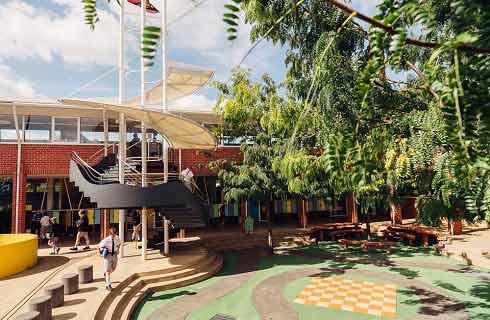
理学硕士-强度和调理
学历文凭
Masters Degree (Taught)
开学日期
课程费用总额

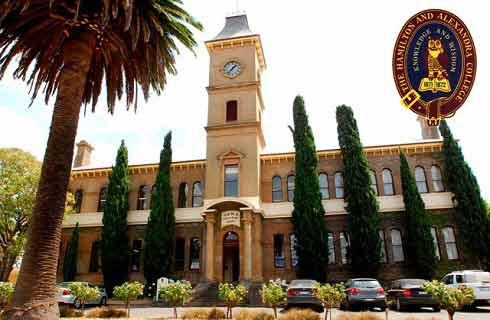
PgDip强度和调理
学历文凭
Graduate Diploma
开学日期
课程费用总额


PGDE-教育专业研究生文凭(小学)
学历文凭
Graduate Diploma
开学日期
课程费用总额


理学硕士-表现心理学
学历文凭
Masters Degree (Taught)
开学日期
课程费用总额

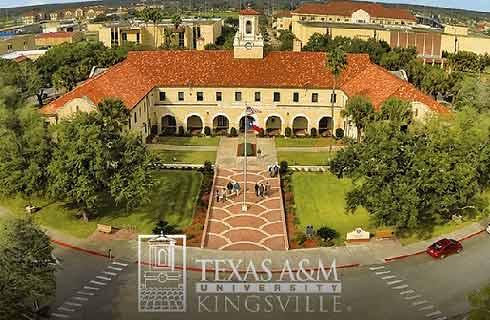
理学硕士-户外环境与可持续发展教育
学历文凭
Masters Degree (Taught)
开学日期
课程费用总额

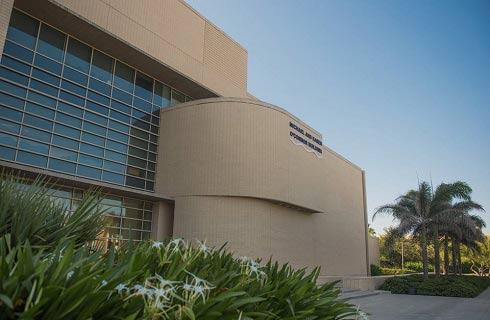
理学硕士-户外教育
学历文凭
Masters Degree (Taught)
开学日期
课程费用总额

其他相关课程

法语和数学(荣誉)文学士学位
 斯特灵大学
斯特灵大学泰晤士高等教育世界大学排名:594
学历文凭
Bachelor Degree with Honours
开学日期
课程费用总额

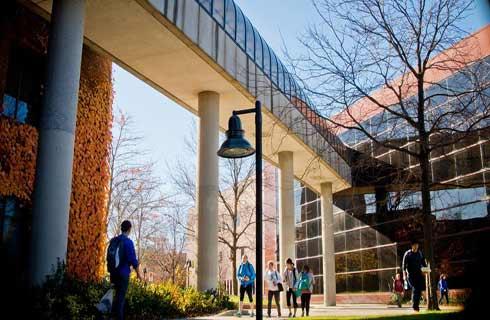
文学硕士(荣誉学位)意大利语和波斯语
 圣安德鲁斯大学
圣安德鲁斯大学泰晤士高等教育世界大学排名:162
学历文凭
Bachelor Degree
开学日期
课程费用总额


硕士(荣誉)德语/意大利语
 格拉斯哥大学
格拉斯哥大学泰晤士高等教育世界大学排名:84
学历文凭
Bachelor Degree
开学日期
课程费用总额

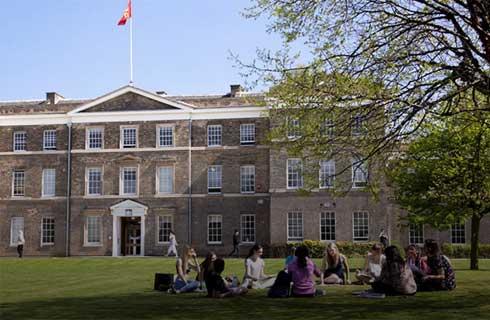
文学硕士-法语
 奥克兰大学
奥克兰大学学历文凭
Masters Degree (Research)
开学日期
课程费用总额


法语学士(荣誉)学士学位
 华威大学
华威大学泰晤士高等教育世界大学排名:123
学历文凭
Bachelor Degree
开学日期
课程费用总额

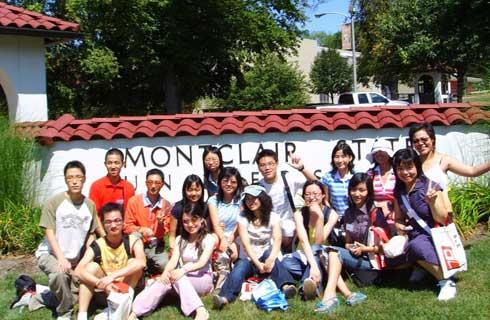
商务英语强化课程(伦敦校区)
 Stafford House International
Stafford House International学历文凭
English Language
开学日期
课程费用总额










